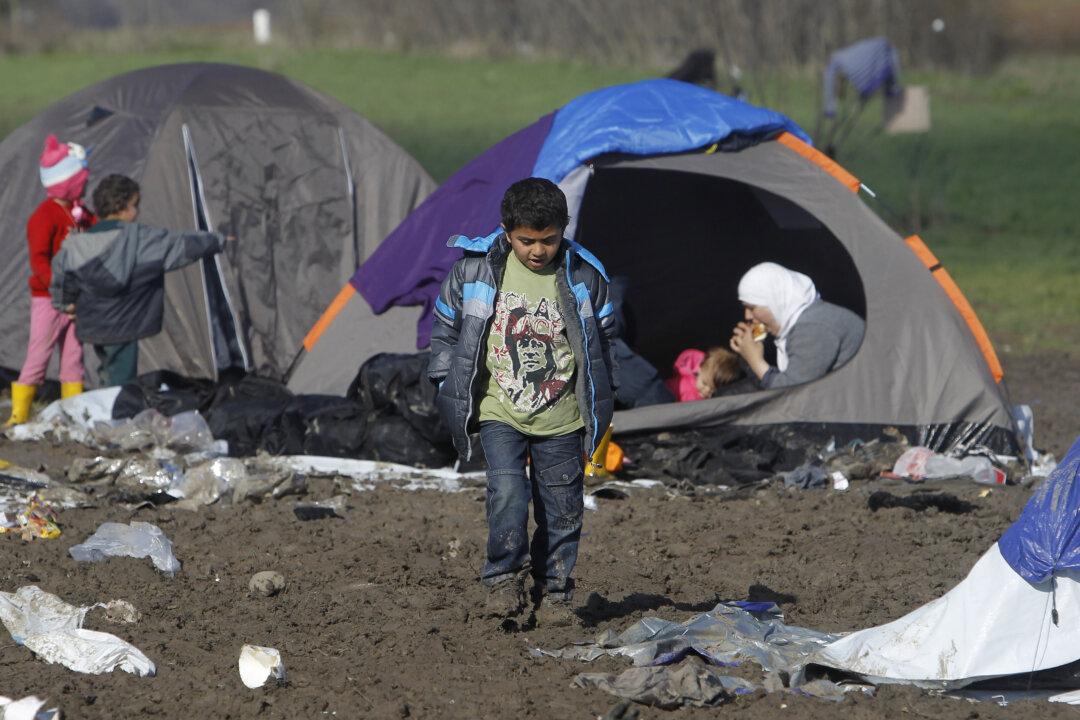BRUSSELS— The United Nations and human rights groups voiced deep concerns Tuesday about the European Union’s plans to send thousands of migrants back to Turkey amid fears the country cannot properly provide for them.
EU and Turkish leaders agreed overnight to the broad outlines of a deal that would essentially outsource Europe’s refugee emergency. People arriving in Greece having fled conflict or poverty would be sent back to Turkey unless they apply for asylum.
For every migrant sent back, the EU would take in one Syrian refugee, thus trying to prevent the need for people to set out on dangerous sea journeys, often arranged by unscrupulous smugglers.
Turkey stands to gain billions of dollars in refugee aid, faster EU membership talks and visa-free travel for its citizens within four months.
German Chancellor Angela Merkel said that under the proposed deal, which was welcomed by all 28 EU countries, migrants who enter Europe illegally will be sent back and have to join the end of the queue to enter Europe.
But the U.N. and rights groups are not convinced that Turkey is a safe destination. More than 2.7 million refugees, many from Syria, are in Turkey. Most are housed by Turkish families or live out in the open, and few have government-funded shelters.
“I am deeply concerned about any arrangement that would involve the blanket return of anyone from one country to another without spelling out the refugee protection safeguards,” U.N. High Commissioner for Refugees Filippo Grandi told EU lawmakers.
Amnesty International warned that the plan, whose details are to be worked out at a March 17 summit in Brussels, is legally flawed. Europe’s attempt to have Turkey designated as a safe country is “alarmingly shortsighted and inhumane,” the group said.
“Turkey has forcibly returned refugees to Syria, and many refugees in the country live in desperate conditions without adequate housing,” said Iverna McGowan, head of Amnesty’s European office.
“By no stretch of imagination can Turkey be considered a ’safe third country' that the EU can cozily outsource its obligations to,” she said.






